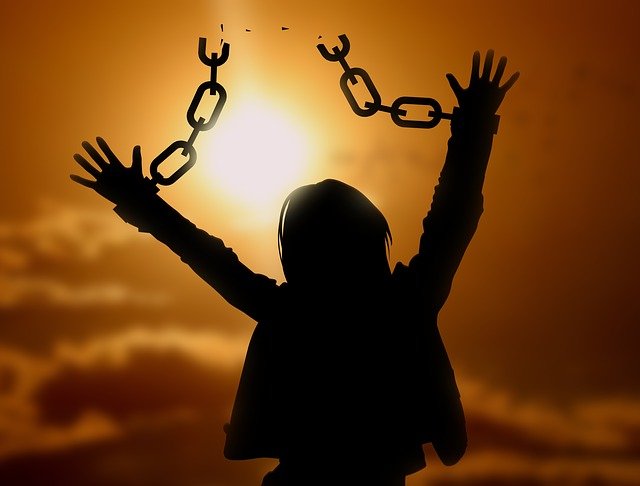Alcoholics are weak-willed and have a chip on their shoulder – the majority agrees on that. But what if this is not so and alcohol abuse has its main root in a physical disorder? This is exactly what there are more and more indications of – if these become even stronger, then treatment is facing a huge upheaval.
Or would you expect rheumatics or diabetics to work through their childhood conflicts in order to manage joint pain or diabetes?
Scientists have now taken a deep look into the metabolism of alcoholics and found out where the problem lies. The more current research into the true causes of alcohol addiction brings to light, the clearer it becomes: Addiction has much less to do with the psyche than with a huge metabolic defect.
The main reason for this, among others: Alcohol is a voracious nutrient predator. It also manipulates the biochemistry in our head and disturbs the radio communication in our brain. It interferes with messenger substances that are responsible for making us feel happy, learn something or relax.
You have certainly heard of the happiness messenger serotonin, which is responsible for the feeling of happiness. Or of the messenger substance adrenaline, which makes us ready to flee or fight in case of danger. So far, research has identified about 100 neurotransmitters, each of which fulfils a specific task in the body. If our neurotransmitters are balanced, everything runs smoothly and we feel good.
Alcohol, however, destroys this chemical harmony. Alcohol flashes into this finely balanced system and upsets pretty much everything. It produces information chaos and leaves behind a debris field. One example: alcohol showers the brain with an extra portion of dopamine, the nerve messenger that gives us a feeling of reward and fulfilled satisfaction. At the same time, however, dopamine is also responsible for making us remember very precisely who was the trigger for the feeling of happiness: the alcohol.
Not long and the brain has stored it firmly: Alcohol makes you happy. The whole thing eludes your consciousness. This link between alcohol and happiness is a chemical wiring in your brain – and thus firmly burnt in. You cannot break this connection even with the strongest willpower.
You may know this: “I’ve earned this beer”. Or: “I’ll treat myself to that wine now.” To have earned something, to treat yourself, to reward yourself with alcohol: Greetings from your dopamine memory. Reward, satisfaction and alcohol are chemically linked in the drunkard’s head – in an area of the brain that has nothing to do with rational thought and is not accessible to your will. This area of the brain is responsible for basic things, for instincts. And it is precisely here that the alcoholic’s addiction memory is located.
There are many such examples, more of which can be found in the book “Bye bye, booze!“. For example, how alcohol sabotages the nerve messengers responsible for the feeling of happiness in such a way that depression can be the result. Or how the breakdown of alcohol in the brain produces opium-like substances.

